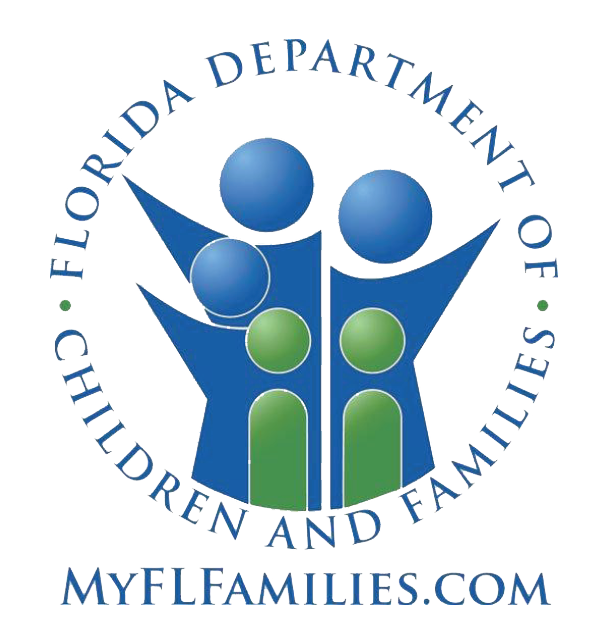What is fentanyl?
Fentanyl is a powerful synthetic opioid. Its effects on the body are similar to morphine, but fentanyl is extremely powerful and can be over 100 times more potent than other opioid pain medications, including heroin. The United States Government classifies fentanyl as a schedule II narcotic. Schedule II substances are considered to have a high potential for abuse and physical dependence. A physician can also prescribe most schedule II medications. Pharmaceutical-grade fentanyl is used for extreme cases of severe pain and fatal illnesses. The drug acts on the body’s nervous system like other opioids and reduces chronic pain. For many, Fentanyl also creates a euphoric effect on the brain, which increases the likelihood of addiction.
How is fentanyl used?
Fentanyl can be administered in a number of ways and comes in a few different forms. Fentanyl can be used by ingesting orally, trans-dermal through the skin, or injected into the bloodstream. It is also commonly imported as a research chemical and used to cut and fake prescription pain medications.
What are the warning signs that you or someone you know may be abusing fentanyl?
- Always feeling tired and never seeming to get enough sleep
- General lack of interest in things that used to be enjoyed
- An inability to control the amount of fentanyl used
- Having to refill prescriptions before it is time
- Using fentanyl in secret
- Stealing and manipulating
- Using fentanyl when there are no signs of severe pain present
How many people die in the U.S. per year from fentanyl overdoses?
According to USA Today, fentanyl has become the “deadliest drug in America.” There were more than 18,000 deadly overdoses from fentanyl in 2016. From 2013 to 2016, the average number of deadly fentanyl overdoses increased by 113% per year.
- Slowed breathing
- Passing out
- Seizure
- Chest pain
- Numbness
What are the negative short-term and long-term effects of abusing fentanyl?
There are many short-term consequences that a user of fentanyl can experience. The most serious of these is overdose which can cause death. There are also serious long-term effects of fentanyl use.
- Drowsiness, including nodding out
- Headache
- Vomiting
- Constipation
- Memory impairment
- Low blood pressure
- Collapsed veins (from injecting)
- Increased tolerance
- Loss of interest in regular activities
- Respiratory infection
- Respiratory suppression
What are some fentanyl withdrawal symptoms?
Someone who discontinues the use of fentanyl after a period of use can experience both physical and mental fentanyl withdrawal symptoms.
- Confusion
- Depression
- Anxiety
- Increased aggravation
- Insomnia
- Muscle cramping
- Fatigue
- Sweating
- Vomiting
- Diarrhea
How long does fentanyl withdrawal last?
Withdrawal symptoms from discontinuing fentanyl use can last 7 – 10 days. A user usually begins to experience symptoms after 8 – 12 hours. Fentanyl withdrawal symptoms are usually at their worst approximately 24 – 72 hours after last use.
Can someone recover from fentanyl addiction?
Like any addiction, anyone can recover from fentanyl addiction if they receive the proper interventions and treatment. Someone who is experiencing fentanyl addiction should seek medical attention. Serenity Springs uses a combination of cognitive-behavioral therapy (CBT), and an intensive 12-step experience is the best-known way for someone with fentanyl addiction to achieve long-term abstinence from the drug. As with any addiction, many of the issues the patient experiences occur when the drug is no longer being used and the individual needs to live their life sober.
Fentanyl addiction treatment for men
Fentanyl may become extremely addictive if taken recreationally or abused improperly. If you or someone you know needs help, it’s time to look for a fentanyl addiction treatment center.
Treatment centers offer a wide variety of services to help those struggling with addiction. Services may include fentanyl detox, withdrawal symptoms management, medication-assisted treatment, counseling, and aftercare planning. Fentanyl addiction treatment centers typically use a combination of these methods to help patients safely and effectively recover from their addiction. Seek help today.
REFERENCES
“DrugFacts: Fentanyl.” drugabuse.gov/publications/drugfacts/fentanyl. Accessed 18 Dec 2018
Rice, Doyle. (2018, Dec 13) Fentanyl is now USA’s deadliest drug. USA Today. P. A1.
“Fentanyl.” Alcohol and Drug Foundation adf.or.au/drug-facts/fentanyl. Accessed 18 Dec 2018.







